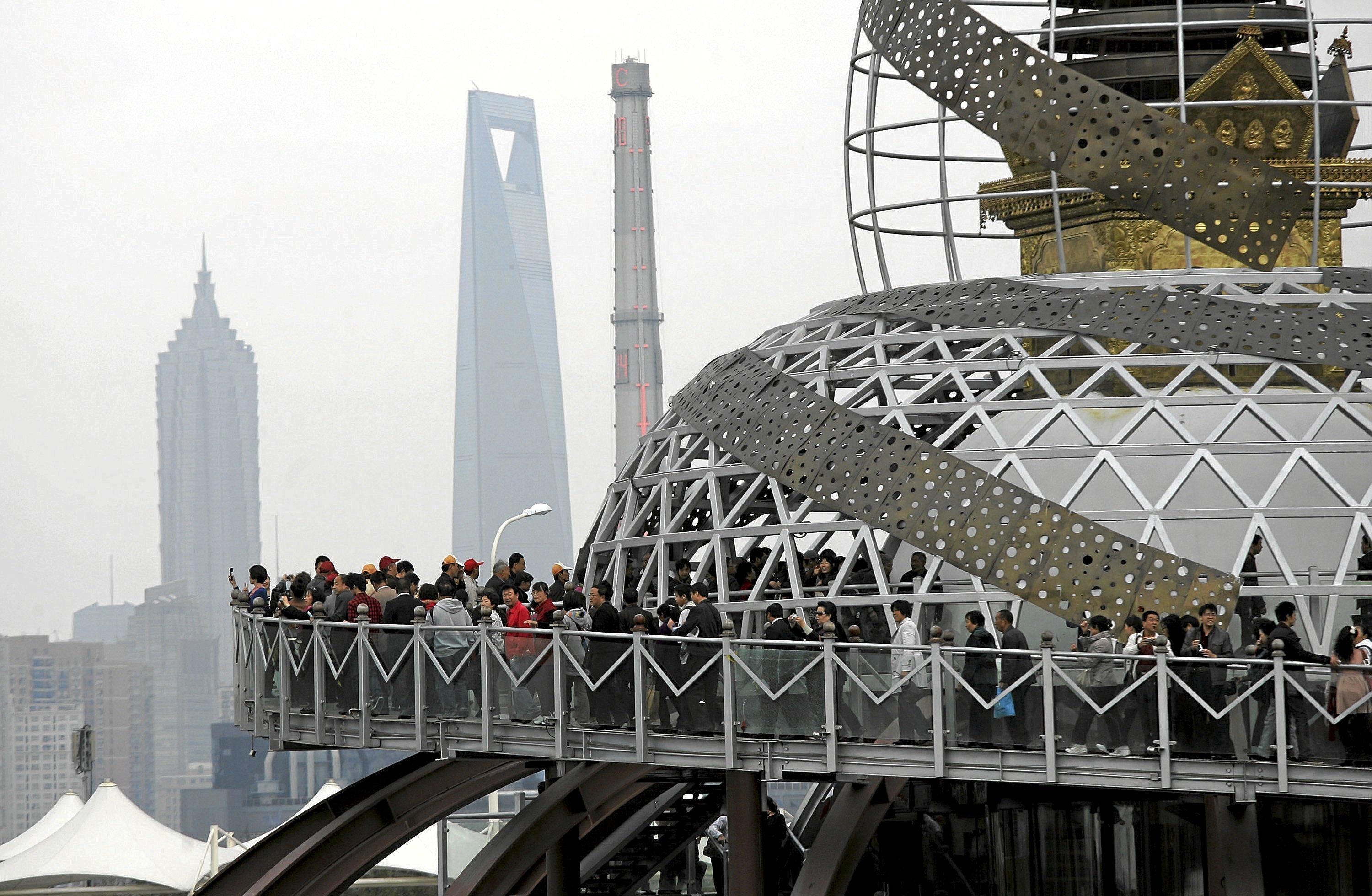After 15 years of negotiations, China officially joined the World Trade Organization (WTO) on December 11, 2001. That step was crucial for the subsequent economic explosion of the Asian giant, which had to implement a series of open-door reforms: it eliminated trade barriers, reduced tariffs, and consequently attracted significant foreign investors.
It was as if suddenly, a torrent of capital, investment, and trade flooded its economy, accelerating a complete transformation and propelling the country onto a bullet train from which it would not get off.
Since its accession to the WTO, benefiting from the progressive global trade liberalization, China has gone from being the sixth to the second-largest economy in the world; from the sixth to the world's top exporter and has multiplied its GDP per capita by more than 10 times.
The economy that once focused on cheap manufacturing and assembly now boasts advanced technological prowess and dominates global value chains. From having a fragile banking system, it now holds more foreign exchange reserves than any other country. Joining the WTO was the boost that, in just two decades, propelled the huge peripheral manufacturer to the center of the global economy.
Since 2001, despite all its rampant development, economic power, and immense influence on the geopolitical stage, China maintains its status as a "developing country" within the WTO. The United States and the European Union have been pressuring the organization for years to change the criteria so that large economies like China cannot enjoy the benefits of that position: more time to implement agreements, flexibility in the application of certain trade rules, and technical assistance and support in disputes between countries.
In Beijing, they argue that despite lifting hundreds of millions of people out of extreme poverty, huge regional disparities persist, especially in contrasts between wealthy megacities like Shanghai, Beijing, and Shenzhen, and the vast rural areas and populations in the interior, who continue to live with limited access to public services and minimal incomes.
A gap that Chinese authorities point to explain that the country still faces many development challenges. When the total wealth of the nation is divided among its enormous population of over 1.4 billion people, the GDP per capita (in 2024, the nominal was approximately 11,300 euros) remains significantly lower than that of developed economies.
But the news is that the Asian superpower has now relinquished privileges within the WTO framework, although it will continue to maintain the status of a developing nation. This was announced this week by Chinese Premier Li Qiang during a speech at the UN General Assembly.
"China, as a responsible major developing country, will not seek a new special and differential treatment in current and future WTO negotiations," Li said in a speech where he praised China's position in defense of the multilateral trading system against the trade war and protectionist policies of U.S. President Donald Trump.
Following Li's announcement, a spokesperson from the Ministry of Commerce in Beijing had to provide further details to clarify that China will continue to maintain its status as a developing nation.
Unlike other organizations such as the World Bank or the United Nations, and in the absence of a clear definition by the WTO on the matter, each member can unilaterally determine the status that applies to them. Approximately two-thirds of the 166 WTO members (representing over 98% of world trade) are developing countries.
In the geopolitical scenario, this identity strengthens China's narrative by presenting itself as a leader and spokesperson for the Global South, as well as the leadership of important blocs such as the BRICS, the acronym for the five emerging economies (Brazil, Russia, India, China, and South Africa) that together represent 41% of the world's population, 31.5% of the world's GDP, and 16% of world trade. A group that, by joining forces, has the capacity to set an alternative agenda to that imposed by the U.S.
